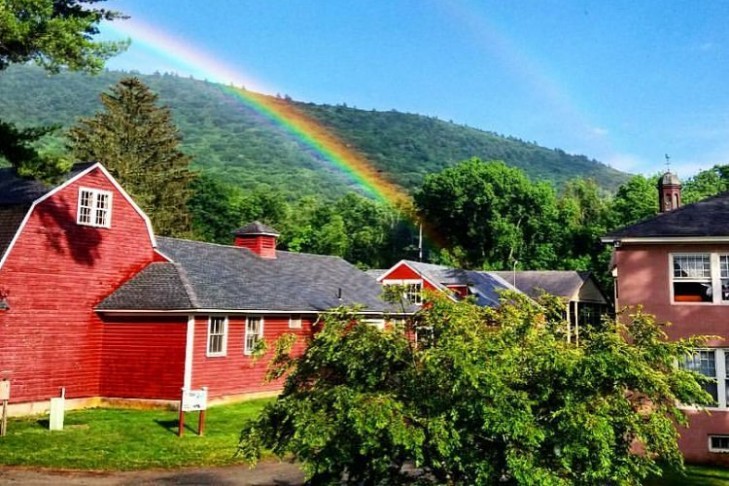Picture this: You are sitting on the dock of your summer camp that’s nestled into the mountains. You’re watching the sunrise over the lake with your best camp friends by your side. You are surrounded by greenery, the sounds of nature and the closest town is 10 miles away. You and your friends are thinking about all the new activities you will try, the new friendships you’ll make and all the memories you’ll create in the summer ahead. It sounds like the perfect camp experience for any child, right?
The truth is camps that many call their “home away from home” are not easily accessible to those with physical disabilities or impairments. Camps are often built in secluded areas, often in the mountains or on land that was once a forest. The reality is most camps have lots of hills, uneven terrain, gravel roads and other natural obstacles. Children who use wheelchairs, crutches or have any other physical disability should not be limited only to camps for children with disabilities. They should be able to attend mainstream camps with their friends and peers. As Judaism teaches, everyone is created b’tzelem elohim (in the image of God) and, regardless of disability, should be treated with kavod (respect), chesed (lovingkindness) and rahmanut (compassion).
Read the full article originally published on Feb. 9, 2022, at eJewishPhilanthropy.com.
Hailey Kessler is an MA/EDM candidate at the Hornstein Jewish Professional Leadership Program at Brandeis University.
This post has been contributed by a third party. The opinions, facts and any media content are presented solely by the author, and JewishBoston assumes no responsibility for them. Want to add your voice to the conversation? Publish your own post here. MORE


